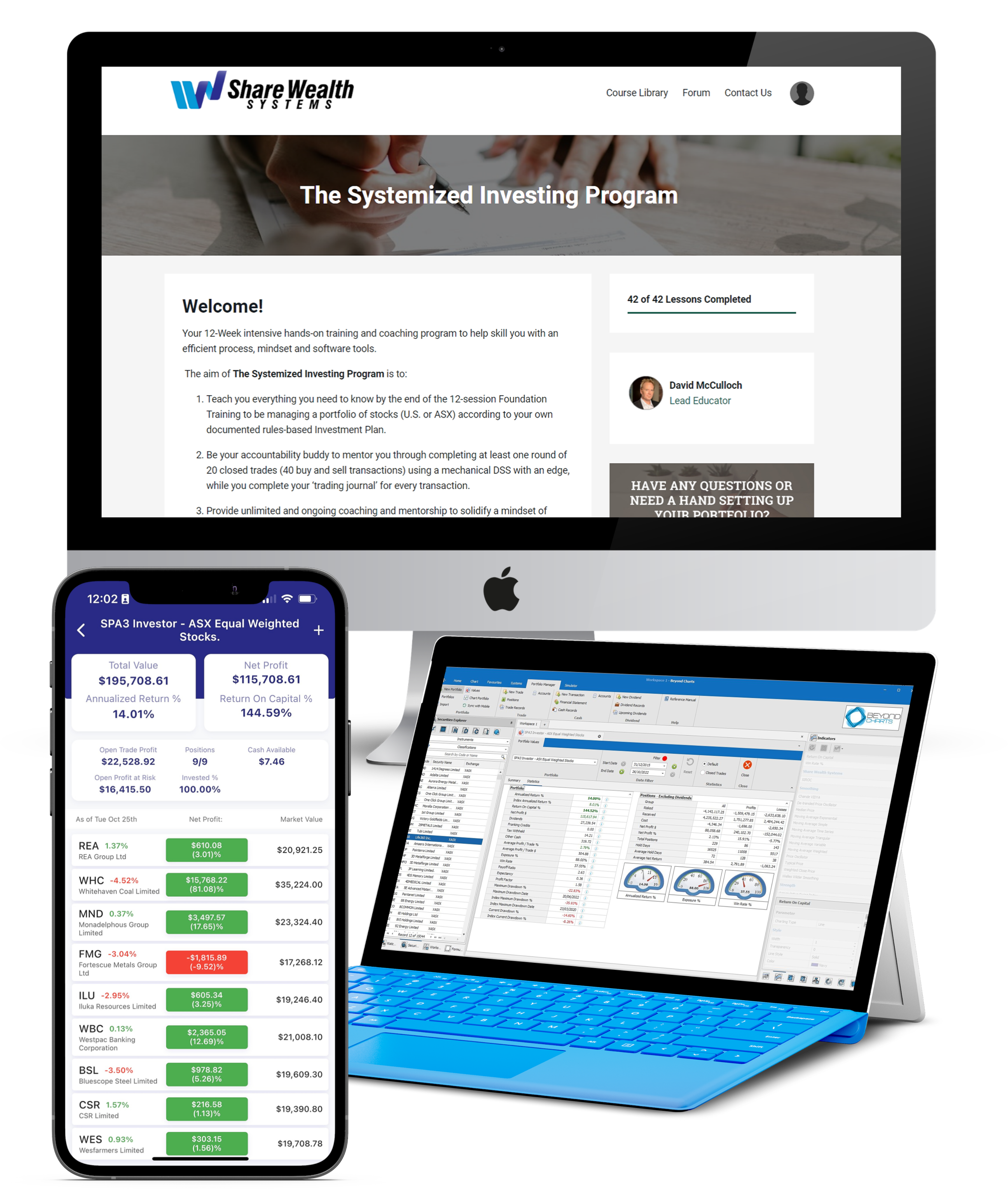As human’s we’ve been programmed by society to not accept the following situations on an event by event basis:
• being proven wrong or not being right,
• losing,
• not belonging or missing out.
This starts at a very early age as our subconscious is bombarded by experiences and words all indicating that these situations are not good. Anything that is perceived as being not good for us causes us to experience emotional hurt. These experiences include not being invited to a party by a school friend which results in the hurt of not belonging to a school peer group; or your football team losing a match; or losing an argument with a friend.
As our subconscious gets more and more accepting of the belief that when any of these three experiences occur they are unacceptable, an increasing level of emotional hurt is experienced when any one of them actually does occur.
Whenever our senses perceive that one of these aspects may be about to occur, our hard-wired association mechanisms in our subconscious brain trigger an autonomic hurt avoidance mechanism. This could be avoidance, rationalisation, justification, hesitation, delay, procrastination, fear, uncertainty or doubt.
If the event physically occurs because it was for some reason that is unavoidable, the autonomic hurt avoidance mechanisms still go to work but as a different emotional response which could be rationalisation, justification, anger, frustration, blame, denial, “passing the buck”, lying, ignoring or betrayal.
One of the most common responses if the event couldn’t be physically avoided is for our subconscious to try to break any connection between us and the event in order to avoid the hurt of being proven wrong, not belonging, missing out or losing. This can be done by blaming something or somebody else. Doing so transfers the ‘being wrong’ to another so that at the end of the day, you can say to yourself ‘I wasn’t wrong’. And therefore if ‘I wasn’t wrong’, then the emotional hurt associated with the event is avoided. Your emotional hurt avoidance mechanism in your subconscious has done its job.
The problem with this is that once the blame is transferred, it is now perceived to be okay for the event to have had the outcome it did. So you do not need to do anything to improve or change yourself—because it wasn’t you who did anything wrong! You’re off the hook! It was the third party that was to blame.
The more you find a reason to justify that it was ‘out of my control’ to explain the occurrence of something negative in your life, the more you enforce and strengthen the process that could potentially cause the negative outcome to occur again because you are not doing something to improve the situation. Yet another paradox!
Another common response to an outcome that causes emotional hurt is to feel angry. It has now been proven scientifically that anger makes you stupid. When we get angry our logical brain power is diminished because the subconscious autonomically secretes chemicals into our bodies that shuts down our logical computing brain and puts us into the fight or flight mode of operation. We have absolutely no control over our brain’s response to getting angry but we do have control over entering into a state of anger in the first place.
The same would apply for each of the emotional responses of revenge, frustration, betrayal, denial or fear. Obviously, such responses are not good because they prevent you from embarking on a process of dealing with the mental error and hence improving yourself and also set you up with the incorrect mental state for the next opportunity to execute. That execution could be a golf shot or a tennis shot, a relationship interaction with another human being or a trade in the financial markets. They all interact. Getting angry at others or on the golf course with yourself will creep into your trading. Blaming a friend or colleague for a negative outcome in your life will set you up to blaming the market (or some other 3rd party) for a losing trade.
Next week I will discuss shifting our thought process in “Who’s to blame” – Part 2.



Gary,
Spot on and well articulted, I am curious as to why you chose this topic?
Hi Gary, what a brilliant article! So articulate and describes beautifully why, and how, we make investing/trading mistakes – and then not learn from those mistakes.
Thanks for being so clear with this. I’ve got to share it with other fellow investors and clients. It will give us all great clarity around our investing behaviours and choices.
Thank You!
“Spot on and well articulated, I am curious as to why you chose this topic?”
In reply to John:
Gary is currently out of the office on research at the present and if it’s ok I’ll reply on his behalf.
I believe Gary wrote this piece to challenge the way each of us think as investors. The first step to making change is to take responsibility for the outcomes rather than to push the blame on to something or someone else.
For a conflict to be resolved we need to change our approach and meet our problems head on. Only when we confront our problems can we find a solution.
Sean Baker (Share Wealth Systems)
I work in local government during the week. What Gary has exemplified is exactly what I have found. People simply won’t accept responsibility for their actions. eg “It was the Council’s fault that I tripped, had that accident, etc, etc.” Everybody needs to accept responsibilty for their actions in my opinion.
Stuart H
Great writing! You should definitely follow up on this topic??
-Sincerest Regards
Marissa